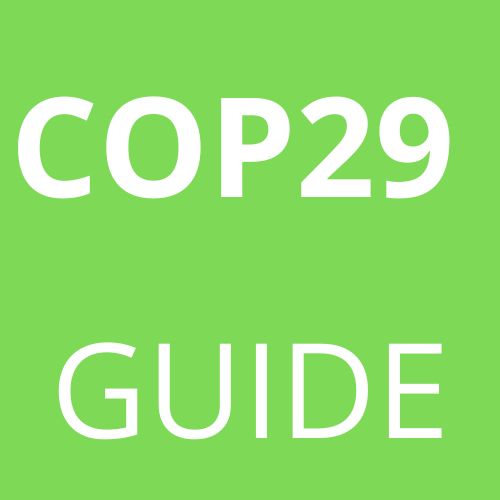Securing Indigenous Peoples Rights in the Transition to a Green Economy

One of the main calls to action espoused at COP28 in Dubai this year will be to fast-track the energy transition. At the heart of the energy transition lies a central problem: the massive quantities of minerals like lithium, copper, cobalt and nickel being extracted to power new technologies. Even more concerning is where those minerals are being mined and how. Recent data reveals a stark reality: Globally, 54% of mining projects involving approximately 30 minerals crucial for the production of renewable energy systems and technologies are located on or near Indigenous lands and territories; in Africa, that number is over 75%. The extraction of raw materials for renewable energy technologies often leads to land grabs, habitat destruction and pollution that fuel disputes over land ownership and drive the evictions of communities and destruction of their sustainable livelihoods, especially those of Indigenous Peoples. The emerging land and territorial conflicts come therefore as no surprise. Recent examples of such conflicts include the ongoing conflicts in lithium rich Jujuy, Argentina, and neighboring Chile.
Consequently, the dominant narrative created by mining corporations and electric mobility companies suggests that increased mining is essential for the green transition and that this will lead to a just transition for all. However, this narrative fails to address the environmental and human rights associated with traditional mining practices: open-pit mines and water-intensive extraction methods continue to pose threats to the environment, climate, and the well-being of all people, including Indigenous Peoples. And just as troubling is the fact that there have been 495 reported human rights allegations against companies involved in transition mineral extraction over the past decade. Highlighting the urgency of protecting Indigenous rights, these facts underscore the crucial need for increased awareness and action.The current COP28 agenda provides an opportunity to prevent in the future the mistakes of the fossil fuel economy, which has devastated many ecosystems and our climate and has violated the rights of Indigenous Peoples for a long time.
Speakers:
-
Devkumar Sunuwar (Koits-Sunuwar) - Community Media Program Coordinator, Cultural Survival, and UN Voluntary Fund for Indigenous People - moderator
-
Rodion Sulyandziga (Udege) - Director of the Center for Support of Indigenous Peoples of the North (CSIPN): Steering Committee Member, SIRGE Coalition
-
Lesley Muñoz ( Colla) - Board member, Indigenous Community of Copiapo; Steering Committee Member, SIRGE Coalition
-
Lilian Gregorio - Project Manager of Fundación Plurales, Argentina
-
Galina Angarova (Buryat) - Executive Director, Cultural Survival; Chair of the Executive Committee, SIRGE Coalition
-
Joan Carling (Kankanaey) - Executive Director, Indigenous Peoples Rights International (IPRI)

